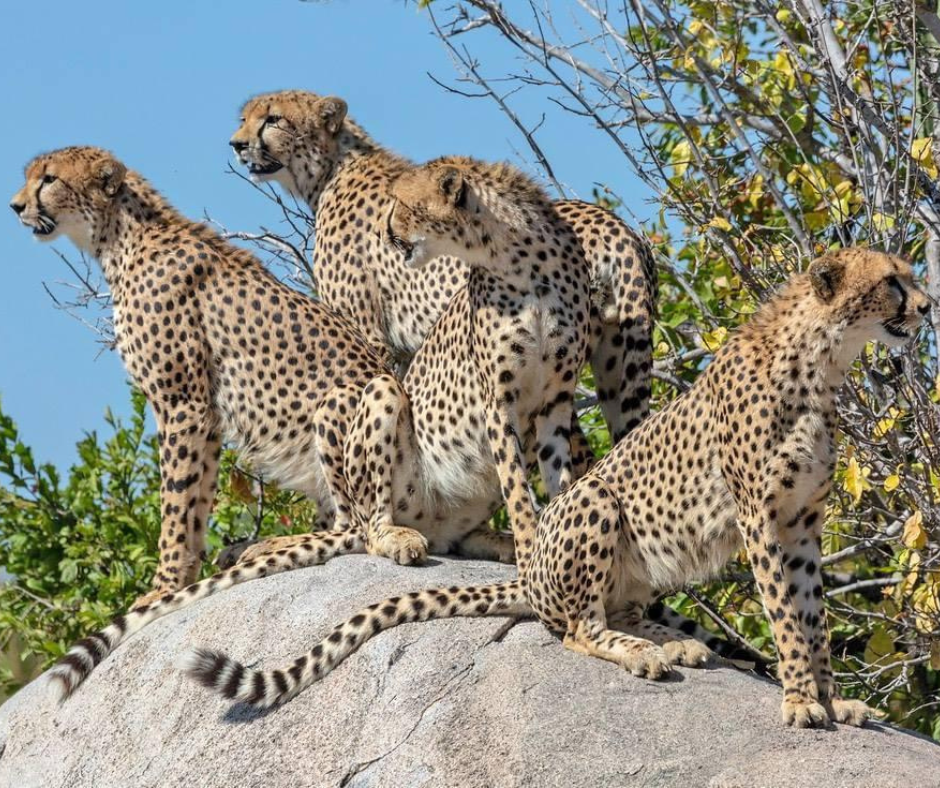Interfaith ties are more significant than ever in a society that is becoming more interconnected by the day. Jewish community organizations are prominent among the various organizations that promote communication and cooperation. These groups foster mutual tolerance, understanding, and collaboration by acting as links between different holy and cultural communities. Federation Jewish Services work strongly encourages world peace in addition to enhancing Jewish identity.
Cooperation in Social Projects
Churches, mosques, and other spiritual associations often work with Jewish communities on social projects. Whether embarking on problems like homelessness, poverty, or disaster relief, these collaborations show how different religious traditions share the same ideals of justice, kindness, and generosity.
Many joint Jewish organizations, work with other religious groups to support refugee relief efforts, medical aid programs, and food drives. These initiatives foster enduring bonds across communities that might otherwise be estranged in addition to providing aid to people in need.
Promoting Anti-Discrimination and Religious Tolerance Initiatives
Leading the front in promoting religious tolerance and against discrimination are Jewish groups. Given the lengthy history of antisemitism, Jewish leaders recognize the need to oppose bigotry in all of its manifestations. Not just Jews but all religious minorities gain from their efforts to advance laws that safeguard religious freedom.
Jewish groups support laws that keep equality, control crimes, and promote peace through collaborations with other religious associations. They frequently use awareness movements, legal assistance, and lobbying for laws that foster an inclusive society as part of their advocacy work.
Encouraging Communication and Knowledge
Jewish societies play a significant role in improving interfaith concerns by promoting candid and open contact. When various spiritual groups don’t engage, misinterpretations and prejudices frequently result. Jewish groups deliver a platform for significant dialogue between people of different faiths by hosting interfaith forums, lectures, and seminars.
These conversations promote togetherness and serve to eliminate prejudices. By providing that a variety of philosophies are heard, whether through roundtable seminars or instructional activities, these groups help people find familiar ground.
Cultural Interaction and Learning
Jewish communities also make a substantial commitment to education and cross-cultural interactions. Many provide events that teach individuals of all religions about Jewish history, customs, and religious practices. Likewise, they specify educational possibilities for Jewish people to learn about different civilizations and beliefs.
Jewish museums, synagogues, and cultural associations repeatedly host interfaith spiritual services, workshops, and presentations that promote intercultural learning. These projects foster a preference and respect for religious diversity by offering genuine experiences.
Increasing Local and International Cooperation
Jewish community organizations form close partnerships with both religious and secular organizations around the world, rather than operating in a vacuum. These partnerships result in vast projects, such as educational campaigns and humanitarian relief actions.
In the past, for example, Jewish organizations have cooperated with Christian and Muslim groups to respond to biological disasters, delivering relief to affected people irrespective of their spiritual affiliation. Through developing these associations, Jewish communities help create a more compassionate and cohesive world community.
Putting on Multicultural Events and Festivals
Festivities can unite individuals. To invite individuals from all religious backgrounds to participate in Jewish holidays, rituals, and communal meals, Jewish community organizations often organize interfaith events. They participate in religious celebrations as well, which foster a culture of respect for one another.
Jewish customs can be experienced directly through events like Hanukkah festivals, Sabbath feasts, and interfaith Passover Seders. Such gatherings serve to demythologize religious rituals and highlight common ideals like faith, community, and thankfulness.
Resolution of Conflicts and Peacebuilding
Jewish groups are essential for resolving conflicts and promoting peace in areas where religious tensions are high. By encouraging communication and peacemaking, they seek to lessen tensions and promote harmonious cohabitation.
Organizations that actively participate in interfaith mediation include the Jewish Federation of Delaware and several local Jewish councils. Whether dealing with local or international issues, these groups work to foster an atmosphere where harmony prevails over violence.





